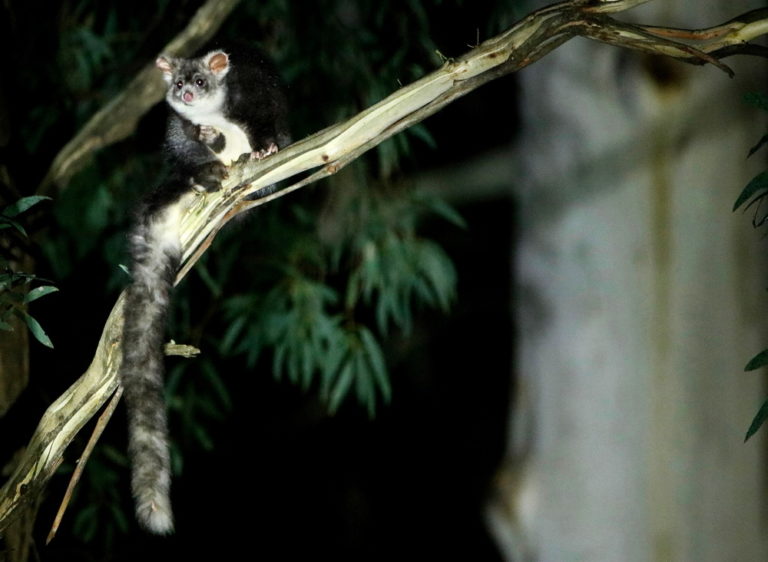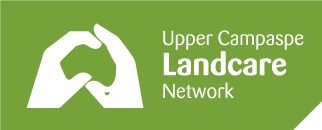If you have ever wondered who is visiting your backyard, local environment or Landcare site, this is the Workshop for you!

On 12 November, from 10am to 12pm, Ecologist & Zoologist John Harris will be teaching us how to observe, record and identify indigenous animals using methods that don’t require a permit!
Come along to an amazing private property in Newham and learn about tracks & scats & the legality of using call backs & video recorders.
This amazing skillset will be a huge bonus to any Landcare members wanting to record fauna at their revegetation / project sites, or even if you just want to impress your friends and family with your knowledge of the difference between kangaroo & wallaby scat!
Please email me at ucln@uppercampaspelandcare.org.au or phone 0432 491 789 to reserve your place!
We look forward to seeing you there – Bek 🦋
John Harris (BASc, GDipEd) – Director and Principal Zoologist / Ecologist
Throughout his career, John has worked in both the environmental and education sectors, often combining the two. He has been in the education sector for over 20 years as a primary school teacher and secondary Biology/Science teacher as well as Environment and Sustainability Manager. John has also worked for National Parks and Wildlife in Queensland as a ranger, the Department of Conservation and Environment (now DELWP – Vic) and is currently our Principal ecological consultant
As an environmental consultant, John has worked with a number of larger consultancies as a senior environmental consultant or subcontractor. He has been involved in flora and fauna surveys, habitat hectare assessments, vegetation mapping, environmental audits, flora and fauna salvaging (spotter/catcher) and as sustainability adviser in Victoria and interstate. He has authored many assessment reports, flora and fauna management plans, EPBC Act (Commonwealth) and Environmental Effects Statement (Victoria) referrals.
John has had vast experience with the ResourceSmart Schools program in Victoria. He has presented at conferences and workshops across Australia and published a number of articles on environmental education for teaching and parent journals. He is also a past president of Environmental Education Victoria (formerly the Victorian Association for Environmental Education). Combined with his experience in schools, John has also been actively involved in environmental education in the community as a guest speaker and workshop presenter at various organizations including the Field Naturalists Club of Victoria, gardening clubs, Landcare groups, scouts, “friends of” groups and churches. He has also presented workshops for a number of local governments including the City of Whittlesea, Manningham City Council and Frankston City Council.
ABOUT THIS EVENT
This event is funded by the 2021 Community Volunteers Action Grants – Stream 1.
The Community Volunteer Action Grants support communities and community organisations to protect and enhance their natural environment. The grant program is funded by the Victorian Government’s Sustainability Fund which seeks to build community capacity, support community adaptation, and improve ecosystem resilience to climate change.
The Community Volunteer Action Grants program supports the two key goals of Protecting Victoria’s Environment – Biodiversity 2037, the Victorian Government’s commitment to protecting the future of Victoria’s biodiversity, and Victorians Volunteering for Nature – Environmental Volunteering Plan a coordinated and revitalised approach to environmental volunteering across the State.
This event forms part of the Upper Campaspe Landcare Network’s CVA Grant project – Upper Campaspe Catchment Pollinator Corridors – engaging community, improving biodiversity.
